The "Information and Communications Infrastructure Planning for the 2021-2030 period, with a vision to 2050", approved by the Prime Minister in January 2024, has determined the orientation for developing a broadband telecommunications network that ensures large capacity, high speed, modern technology, and a widely integrated Internet of Things infrastructure to ensure harmonious development, serving well digital transformation, digital government, digital economy, digital society, and national security and defense.
Recognizing the importance of digital infrastructure and telecommunications infrastructure in building a digital government, developing a digital economy and a digital society in Vietnam, the Ministry of Information and Communications has regularly directed telecommunications enterprises to promote the development of digital infrastructure to serve national digital transformation. By the end of May 2024, 81.7% of households used fiber optic broadband Internet and 100% of communes, wards and towns connected to fiber optic Internet. 4G mobile broadband Internet has covered the village level, meeting service quality requirements according to national standards.
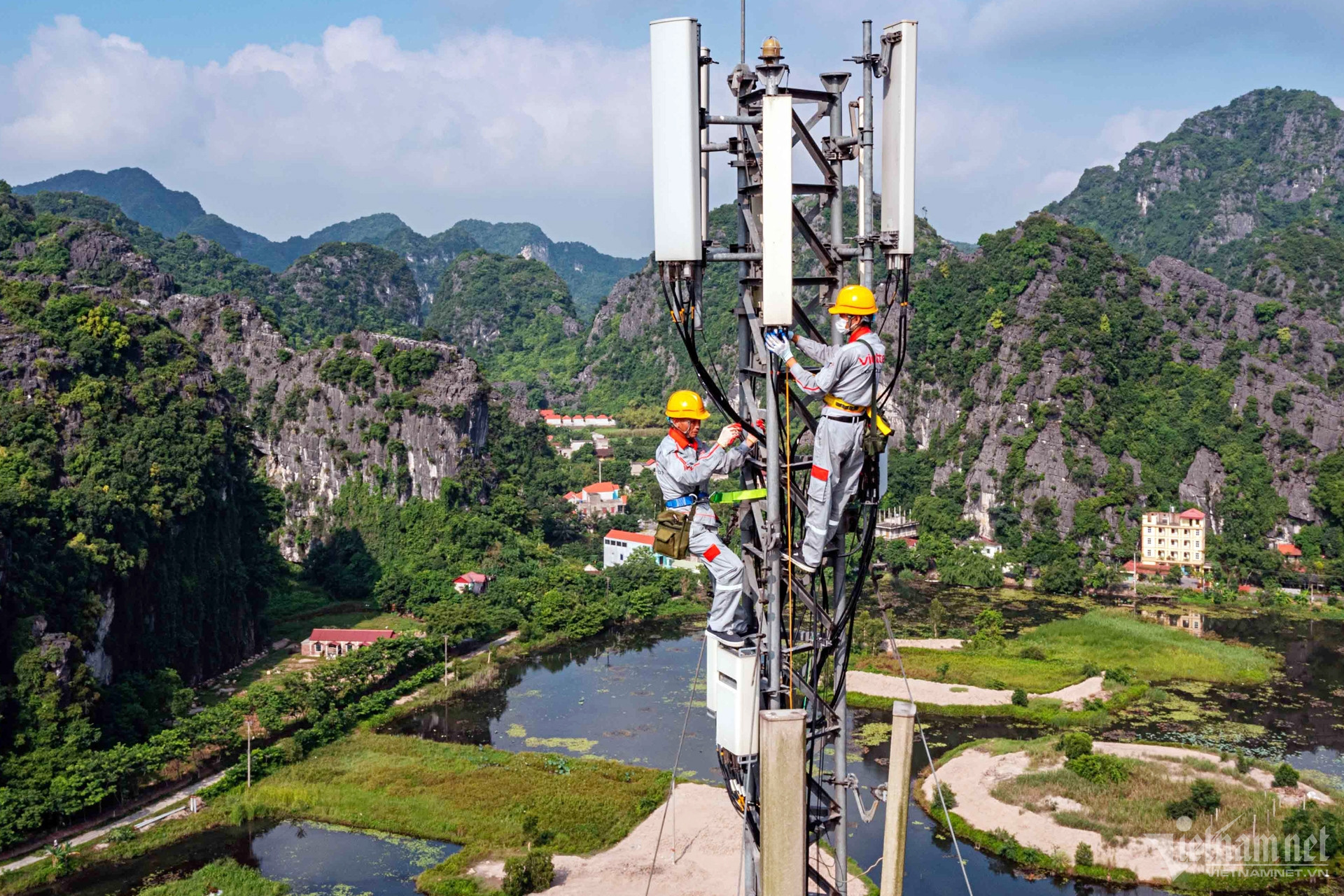
However, according to the reflection of some local Departments of Information and Communications, in the context that telecommunications enterprises are promoting the development of digital infrastructure and early commercialization of 5G, the development and management of telecommunications infrastructure, especially passive telecommunications technical infrastructure, is facing a number of difficulties.
Specifically, in some localities, there are still some individuals and entities that oppose and obstruct the installation of new mobile information transmission and reception stations - BTS. According to the analysis of the Department of Telecommunications (Ministry of Information and Communications), the main reason is that individuals and entities do not fully understand the importance of telecommunications infrastructure for socio-economic development.
To guide localities in implementing new regulations of the Telecommunications Law 2023, which will take effect from July 1, 2024, and at the same time remove difficulties in developing telecommunications infrastructure in localities, the Ministry of Information and Communications has officially requested the People's Committees of provinces and centrally run cities to create conditions and support the development of telecommunications infrastructure.
In a new dispatch sent to the People's Committees of provinces and centrally-run cities, the Ministry of Information and Communications pointed out that telecommunications is a technical economic service sector in the infrastructure of the national economy, and at the same time is an important driving force for socio-economic development, contributing to improving people's lives and ensuring national defense and security.
The 2023 Telecommunications Law, effective from July 1, 2024, stipulates: “Create conditions for organizations and individuals of all economic sectors to participate in telecommunications investment and business to develop universal broadband telecommunications infrastructure, data centers, and cloud computing in a sustainable and modern direction; form digital infrastructure to meet the requirements of developing the digital economy and digital society, contributing to ensuring national defense, security, and improving the quality of people's lives” .
The 2023 Telecommunications Law also stipulates that “Ensuring the safety of telecommunications infrastructure, network information security and information security is the responsibility of all agencies, organizations and individuals. In case of detecting acts of obstructing legal construction, acts of sabotage or infringement of telecommunications infrastructure, agencies, organizations and individuals are responsible for promptly notifying the People's Committee at the commune level or the nearest police agency ”; “The Ministry of National Defense, the Ministry of Public Security, People's Committees at all levels, and relevant agencies, within the scope of their tasks and powers, are responsible for protecting the safety of telecommunications infrastructure, handling acts of obstructing legal construction, acts of sabotage or infringement of telecommunications infrastructure” .
Therefore, the Ministry of Information and Communications requests that the People's Committees of provinces and cities pay attention to directing the People's Committees at district and commune levels and relevant agencies to protect telecommunications infrastructure, handle acts of obstructing legal construction, acts of sabotage, and violations of telecommunications infrastructure. Handling of violations of ensuring the safety of telecommunications infrastructure is stipulated in Clause 3, Article 42 of Decree 15/2020 of the Government.
The People's Committees of provinces and cities are also requested to direct the organization of propaganda and dissemination to the people about the conclusion of the World Health Organization (WHO) that there is no evidence that electromagnetic waves from BTS stations can affect people's health. At the same time, support the construction and development of BTS stations in particular and the development of telecommunications infrastructure in general to serve the development of the digital economy, digital society, and digital government.
| The Vietnam telecommunications infrastructure development plan for the 2024-2025 period sets a target that by the end of 2025, all 27 million households nationwide will have access to fiber optic cable when needed; 100% of village and hamlet cultural houses with national grid electricity have broadband fiber optic Internet connection; 100% of villages and hamlets with low signal and national grid electricity are covered by mobile broadband. According to statistics, there are currently more than 5.4 million households without fiber optic cable; 2,052 villages and hamlets not in particularly difficult areas, with national grid electricity, do not have broadband fiber optic Internet connection to village and hamlet cultural houses; 230 villages and hamlets not in particularly difficult areas, with national grid electricity, do not have mobile broadband coverage. |

Source: https://vietnamnet.vn/bo-tt-tt-de-nghi-cac-dia-phuong-tao-dieu-kien-phat-trien-ha-tang-vien-thong-2294710.html






![[Photo] Relatives of victims of the earthquake in Myanmar were moved and grateful to the rescue team of the Vietnamese Ministry of National Defense.](https://vstatic.vietnam.vn/vietnam/resource/IMAGE/2025/4/2/aa6a37e9b59543dfb0ddc7f44162a7a7)
![[Photo] Third meeting of the Organizing Subcommittee serving the 14th National Party Congress](https://vstatic.vietnam.vn/vietnam/resource/IMAGE/2025/4/2/3f342a185e714df58aad8c0fc08e4af2)


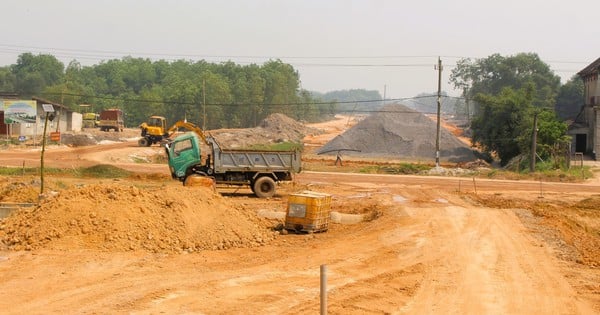




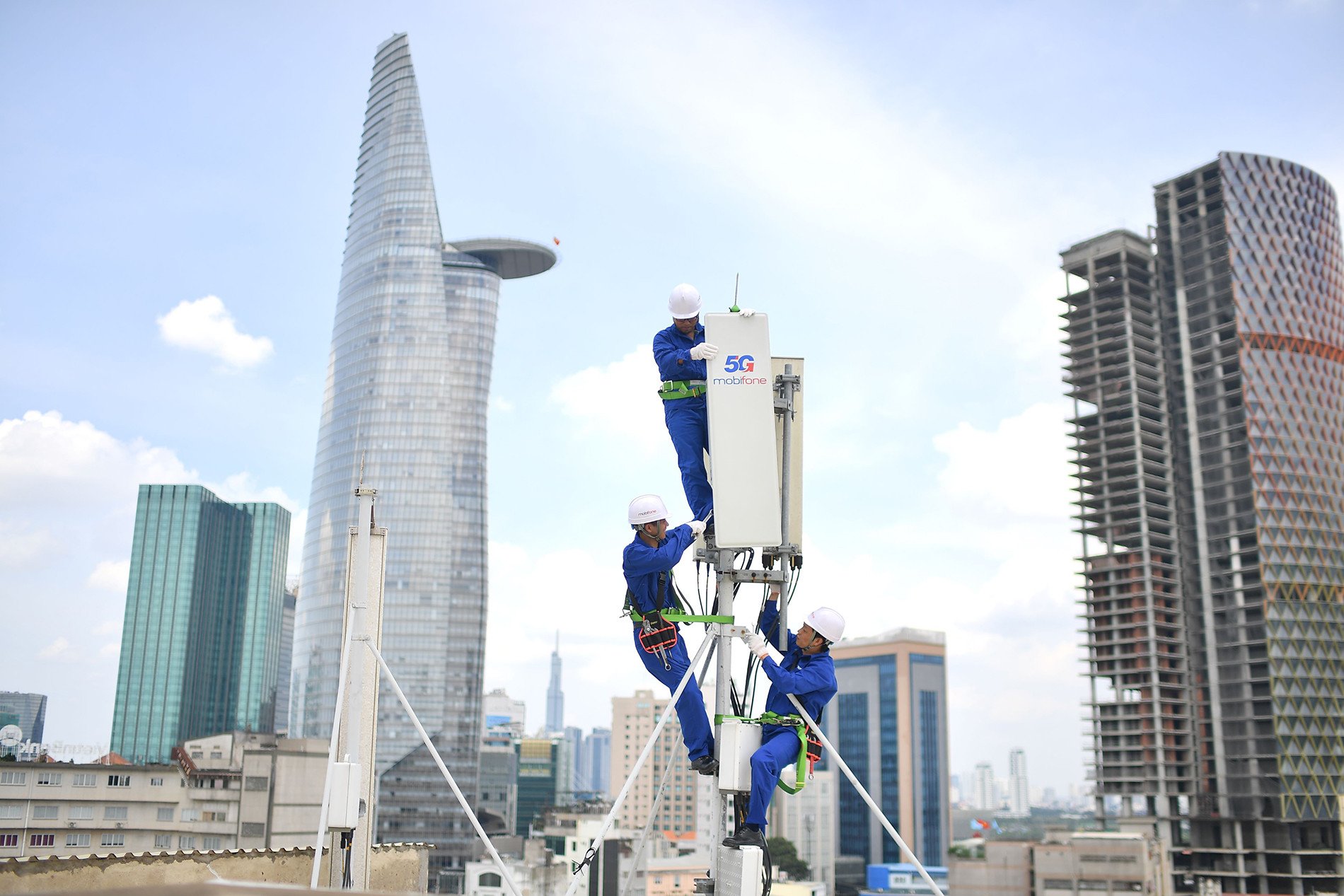
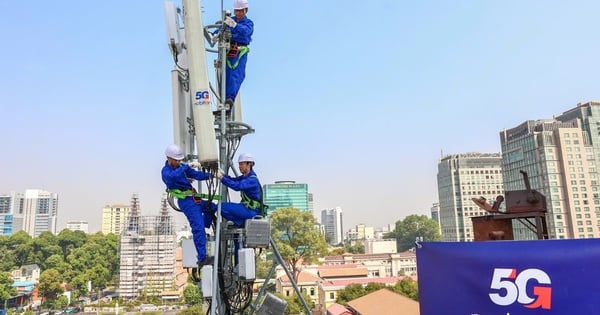

![[Photo] Unique folk culture at Binh Da Festival](https://vstatic.vietnam.vn/vietnam/resource/IMAGE/2025/4/2/b73c9957948d4b00836273633a864a48)


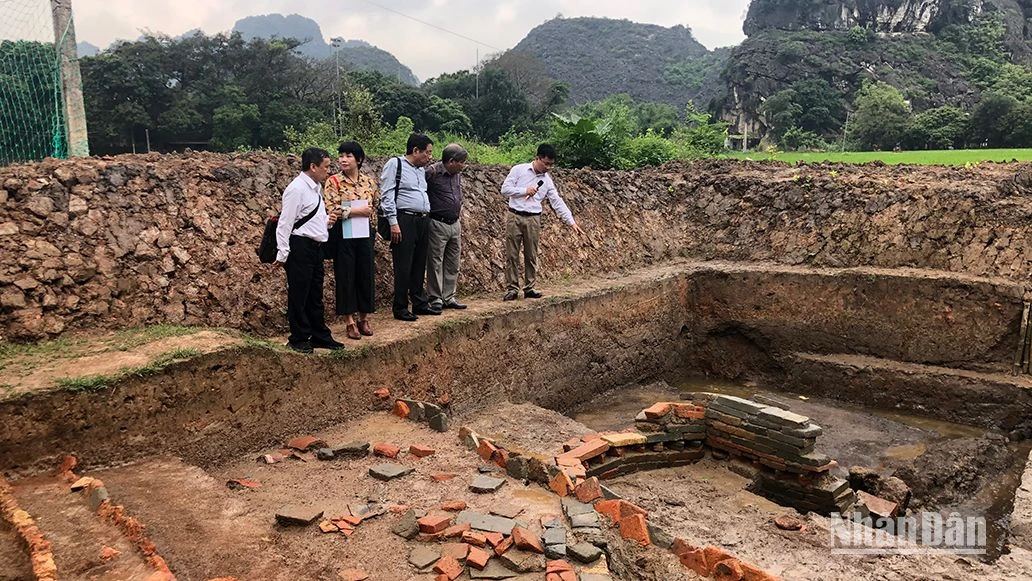

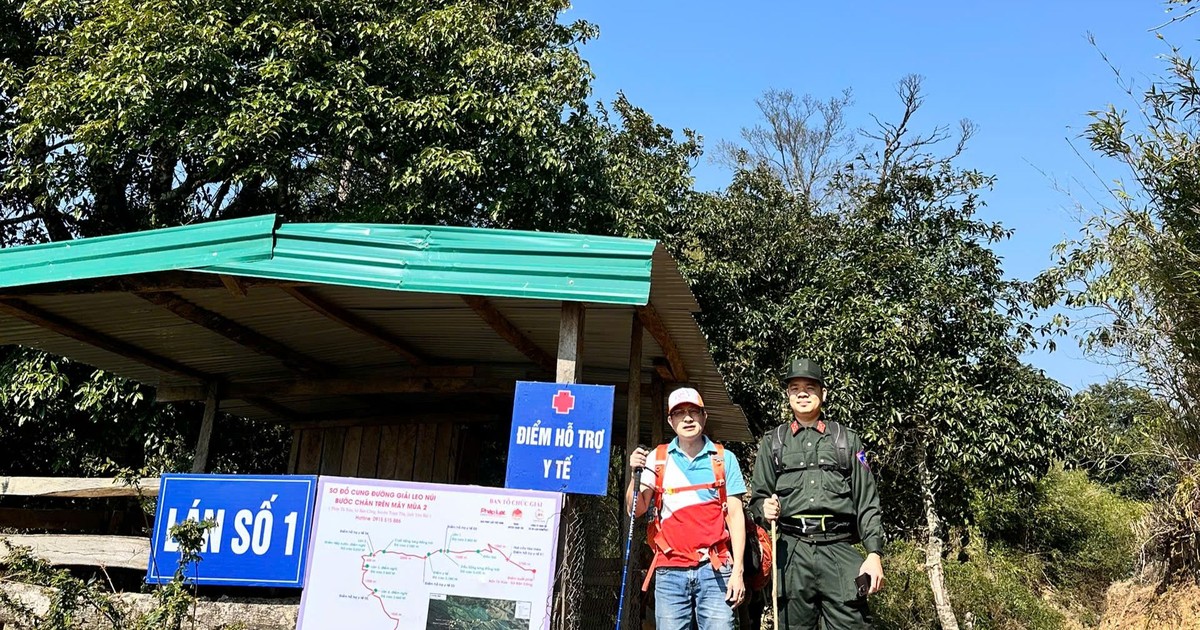




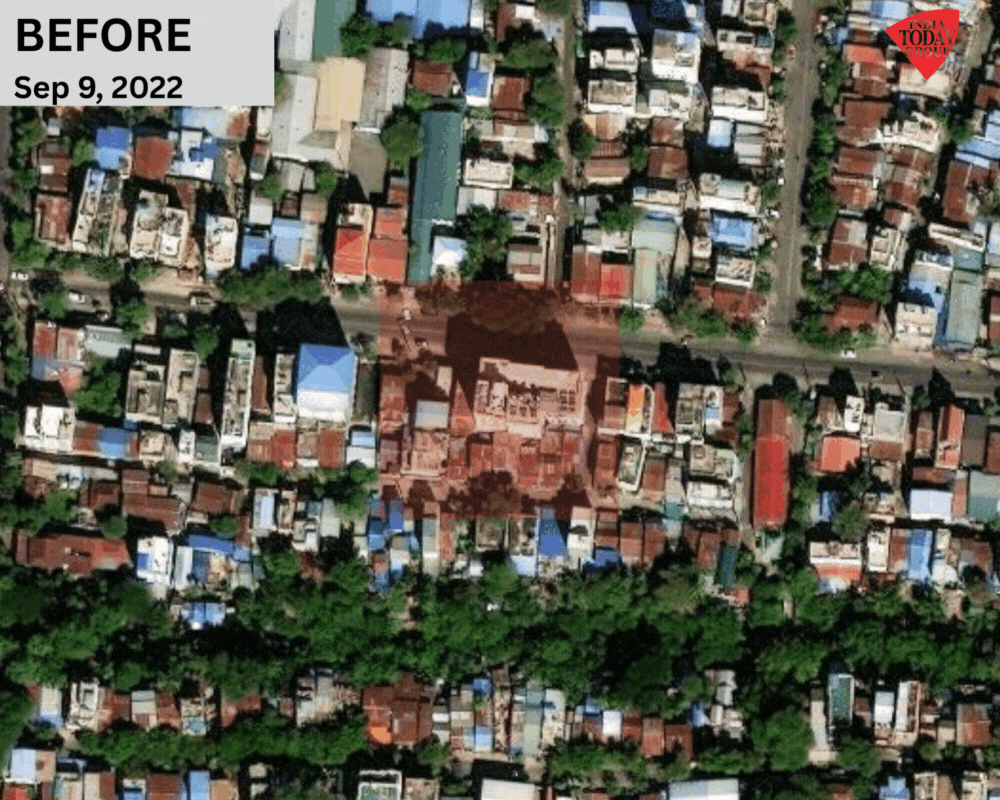





































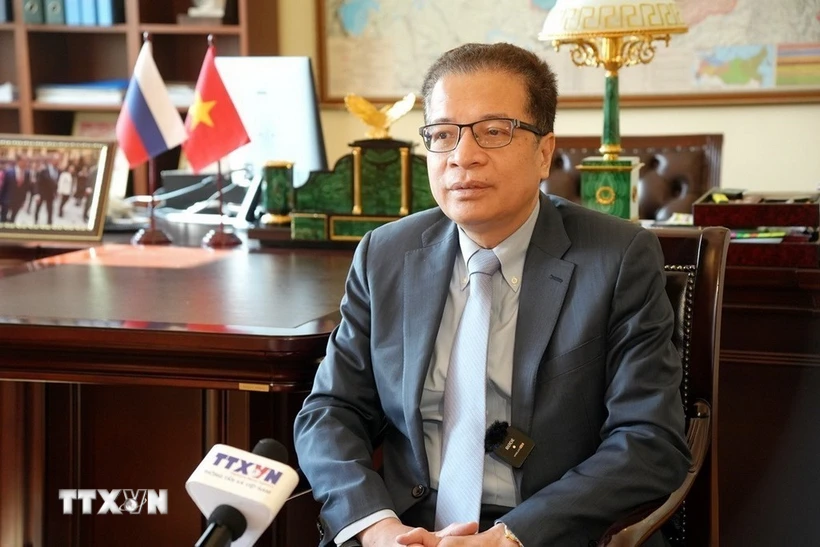
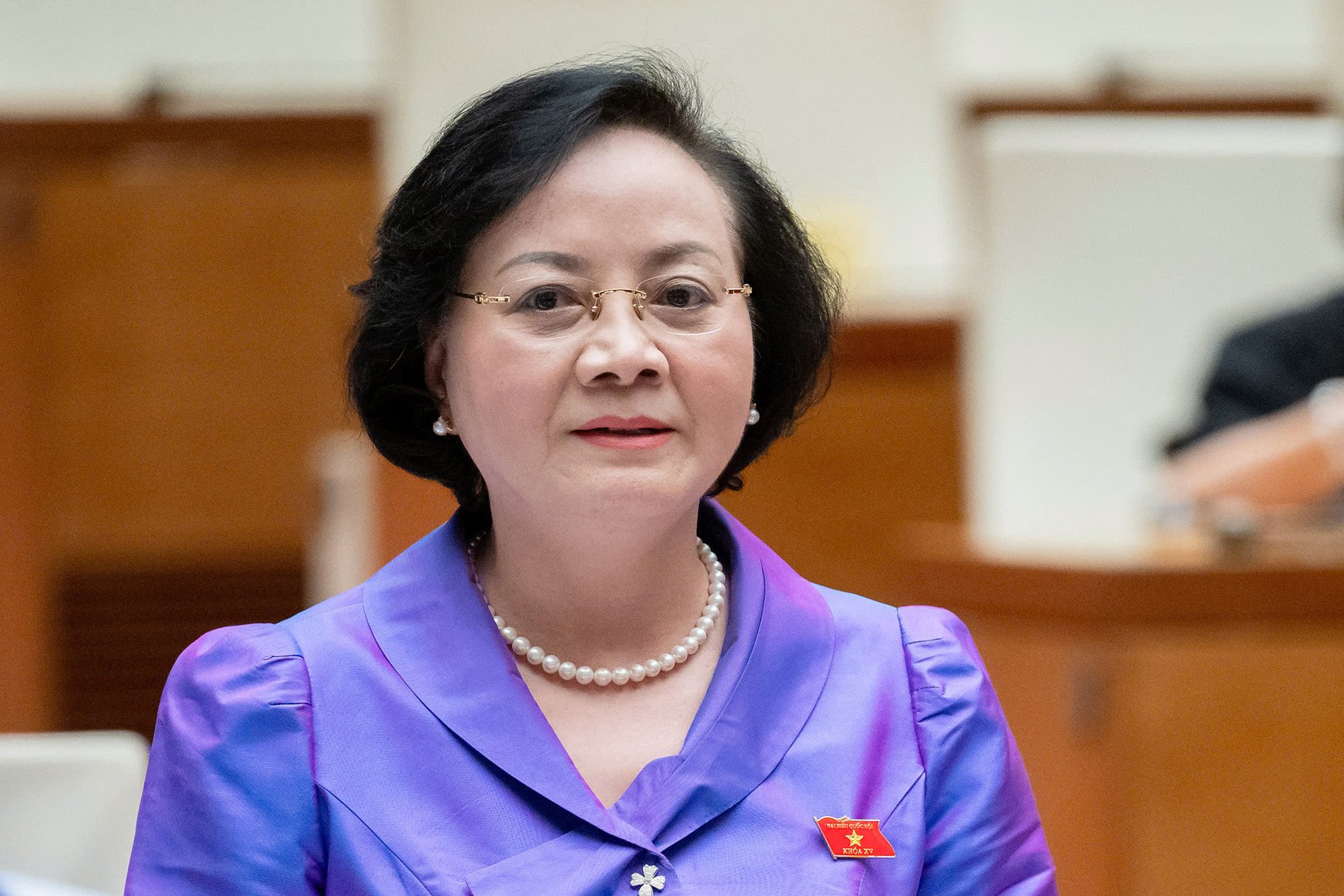







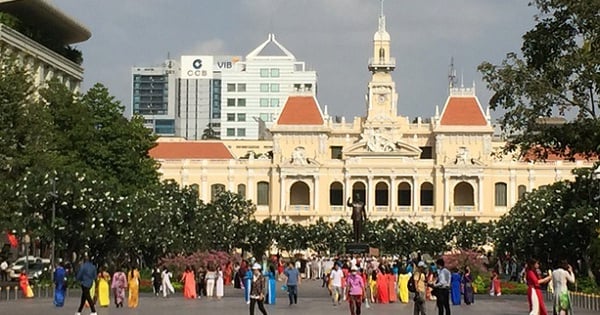




















Comment (0)